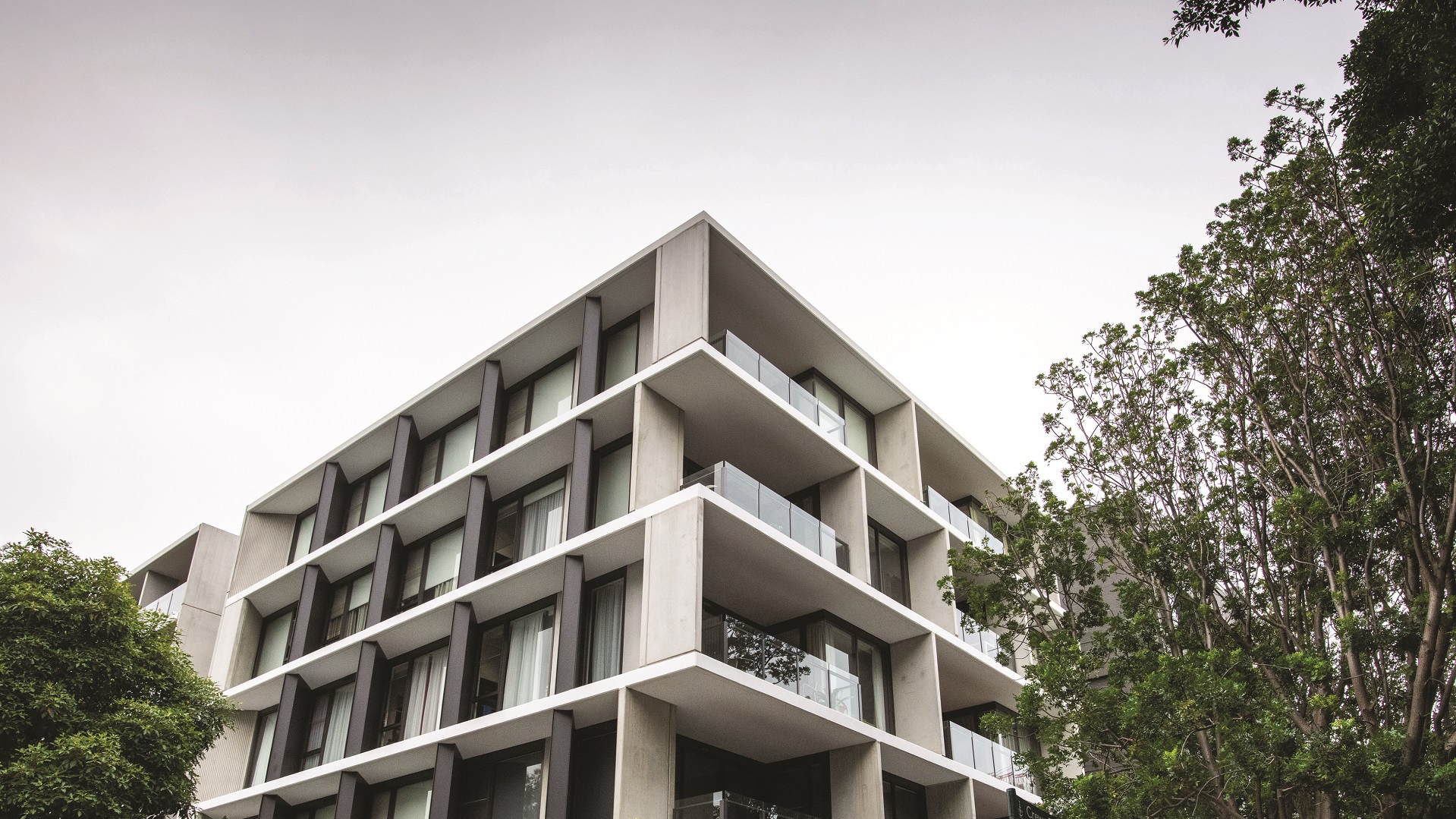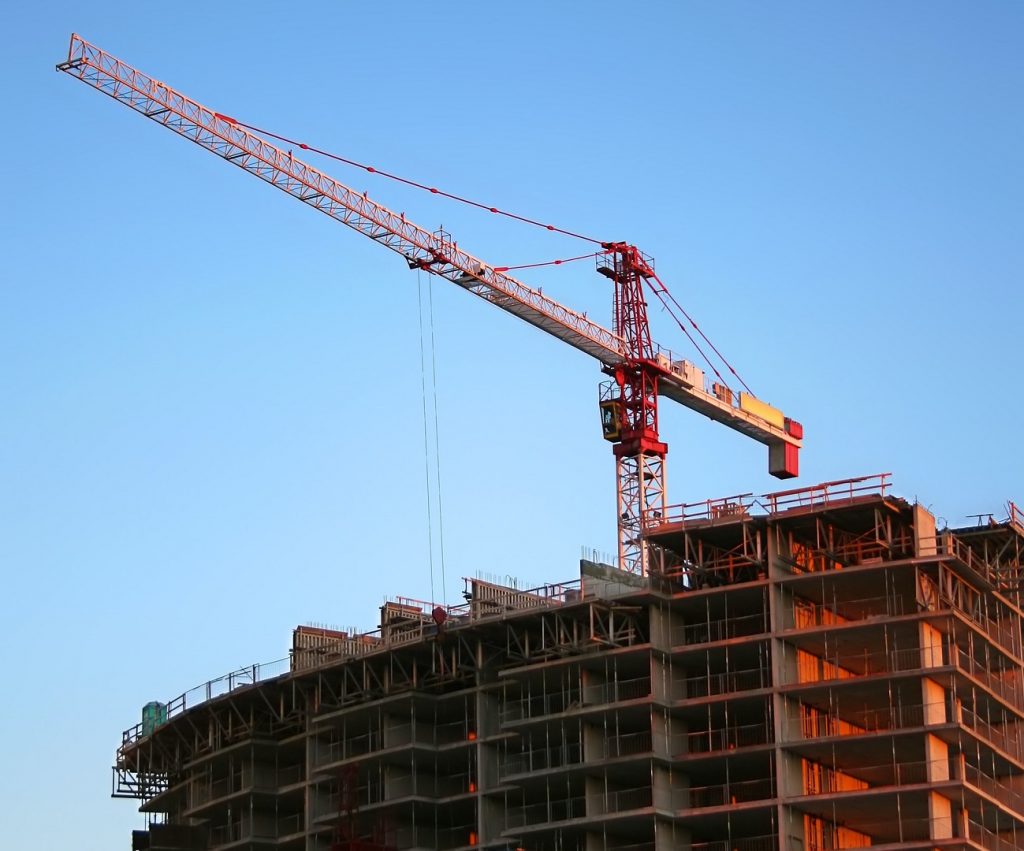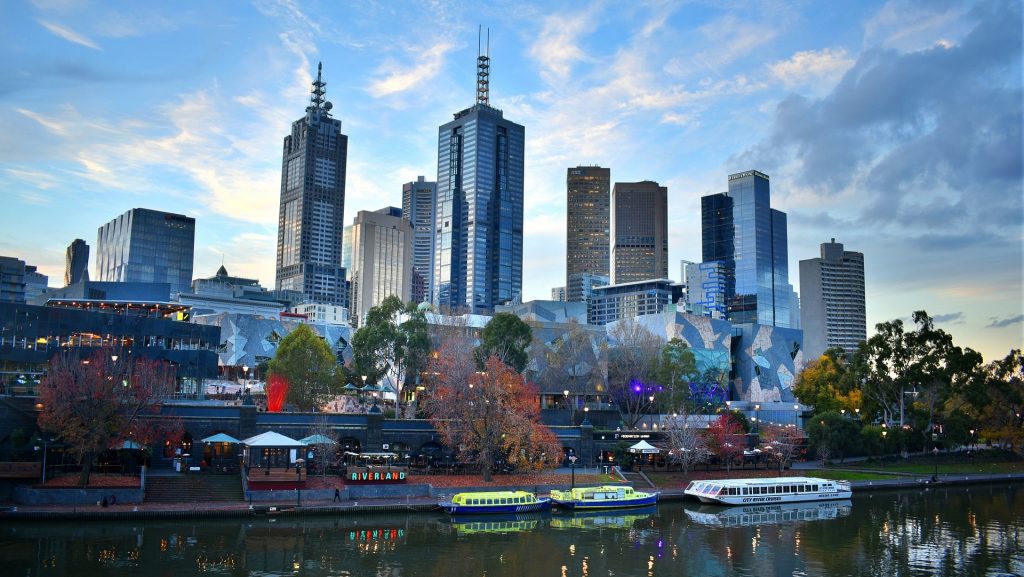
There’s no doubt Coronavirus has had a rather large impact on industries worldwide.
According to a recent report by leading industry research house, IBISWorld, the outbreak is anticipated to have a negative impact on the Australian economy, “potentially leading to the lowest GDP growth since 1991-92.”

Impacted most severely are the agriculture, oil and gas, accommodation, and air transport industries. However, there are some subdivisions seeing a positive impact, such as the food, beverage, sanitary and cleaning product industries, with an increase in demand from consumers.
The construction industry is one that hasn’t been significantly impacted positively or negatively (at this stage), with the IBISWorld report stating “the spread of COVID-19 is anticipated to have a light effect on building construction industries.” This comes down to the construction industry exclusively operating domestically, unlike the oil and gas industry which relies on international trade.
The report goes on to mention “firms may experience delays in completing projects if supply chains or the labour supply is disrupted,” given the industry relies heavily on contract labourers and materials/ equipment, however, “lower interest rates are anticipated to stimulate demand for some building construction.”
What COVID-19 means for Quantify

Quantify’s CEO Brett Savill recently spoke to Ticker TV’s Kris Bondin on Ticker Property (linked below) about the effects of COVID-19 on the real estate and construction industries and what it means for the Company.
“I think everyone working in the building industry is very pleased they’re not in hospitality or retail,” Brett said in his interview.
“Building continues and obviously there is a great deal of uncertainty in terms of supply and financing, but nevertheless, it’s a critical industry and work is continuing on building sites.
“That’s good news for us as it means we are still shifting our product, we’re still being installed. In saying this, we’re seeing uncertainty in future orders and while the pipeline is good, we’re seeing people close deals much later. As the crisis deepens we will find out what the long term affects are.”
Opportunity to boost dwelling value in housing market decline
According to Commonwealth Bank* via Business Insider, despite house prices growing strongly in recent times, we can expect to see a fall by around 10 percent over the next six months. The bank predicted Melbourne to see the largest tumble of 11 percent and Sydney, Darwin and Canberra to see a 10 percent decline. Adelaide, Brisbane and Hobart can expect a 8 percent drop, meanwhile Perth should also prepare for a 7 percent decline.

The slump in the housing market comes thanks to higher unemployment, less economic activity and significantly less interest from foreign buyers.
With lower prices comes a need for sellers to increase their property’s value. Quantify’s CEO said home automation is one way to help boost a selling price.
“Having a smart home solution installed into your home is one way to add value, if you’re planning to sell,” Brett said.
As mentioned in a previous blog article, when investing in a home, people “look for comfort and security” as well as resale value. Smart home technology delivers a range of benefits, both monetary and comfort wise.
According to technology research company, Telsyte’s Managing Director Foad Fadaghi, smart home technology is a selling point and people are willing to pay more for it.
With this in mind, while the overall economic impact of COVID-19 may be bleak, Quantify is in a good position knowing the construction industry hasn’t fallen away drastically and our technology has the capacity to increase the value of a home in the housing market slump.
Watch Brett’s interview with Ticker TV’s Kris Bondin (starting from 1:58):
*Read another article about falling house prices from the Sydney Morning Herald HERE.
Want to receive news like this direct to your email inbox on a monthly basis? Sign up to our email list below.